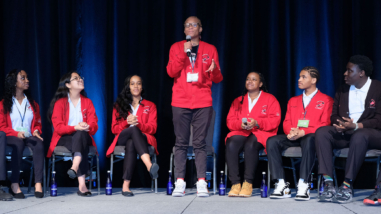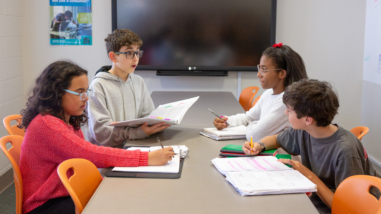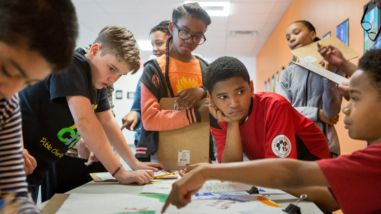University of Colorado Boulder
For The Intractable Conflict Knowledge Base Project
-
Amount$750,000
-
ProgramConflict Resolution
-
Date Awarded7/23/2001
-
Term24.0 Months
-
Type of SupportProject
About the Grantee
Grantee Website
www.cu.edu/regents
Address
3100 Marine Street, Rm. 481, Boulder, CO, 80304, United States
Grants to this Grantee
for support of an open access scientific teaching course
The University of Colorado Boulder is facilitating a multiorganization collaboration to develop, evaluate, and disseminate a digital, open-access scientific teaching course for college science instructors that fully integrates an AJEDI (anti-racist, just, equitable, diverse, and inclusive) approach to teaching. With this grant, the team will use an open pedagogy approach that draws on diverse instructor and student voices to co-create the course, comprising a set of self-guided modules designed to equip instructors with the tools and mindsets to create active and inclusive learning environments. (Substrategy: Content, Tools, and Services)
for support of a research hub that focuses on youth organizing
The National Education Policy Center, a nonprofit education research center housed at the University of Colorado Boulder, supports the Research Hub for Youth Organizing and Education Policy. In order to advance education justice, the hub conducts research and shares results and analyses with youth-organizing groups and coalitions. The goal of these efforts is to uplift and centralize the voices of marginalized youth to sustain a movement dedicated to improving education systems. (Strategy: Tie-Off)



